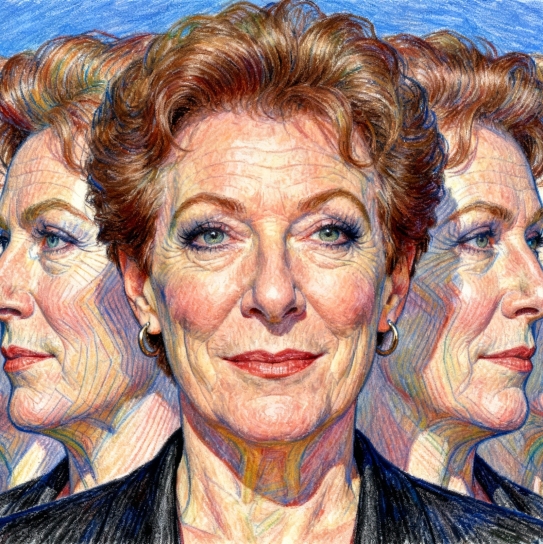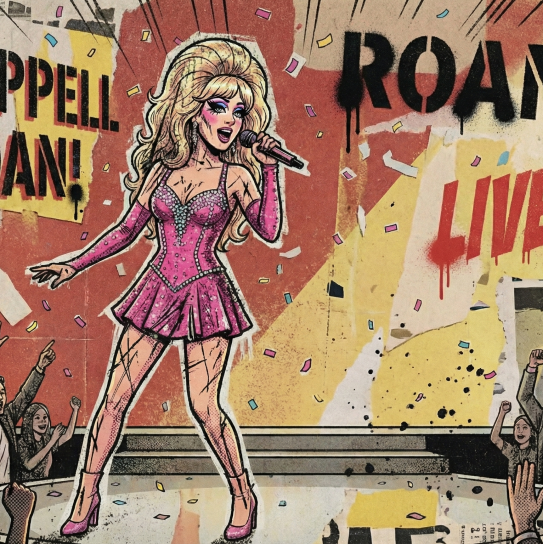811Views
In a surprising twist during the recent 50th anniversary special of Saturday Night Live, Ryan Reynolds found himself at the center of a media storm following a joke that involved his wife, Blake Lively, and actor Justin Baldoni. This moment not only entertained the audience but also raised eyebrows and ignited discussions about the appropriateness of humor in sensitive situations.
As the comedic duo Tina Fey and Amy Poehler engaged Reynolds on stage, they inquired about his well-being. His playful retort, “Great! Why? What have you heard?” elicited laughter from the crowd but left Lively visibly unsettled. The juxtaposition of humor and serious allegations surrounding Lively’s ongoing legal battle with Baldoni created an uncomfortable atmosphere that resonated beyond the studio audience.
Lively is currently embroiled in a lawsuit against Baldoni, claiming sexual harassment and emotional distress related to their collaboration on the film It Ends With Us. The timing of Reynolds’ joke couldn’t have been more poignant, as it came just weeks after Lively filed her suit in December 2024. Social media platforms erupted with reactions, with many users expressing concern that Reynolds’ quip trivialized the severity of Lively’s allegations. Critics argued that making light of such a serious issue was not only inappropriate but could potentially undermine the gravity of the situation.
The implications of this incident extend into the courtroom as well. Reports suggest that Baldoni’s legal team may leverage Reynolds’ joke as part of their defense strategy. They contend that this flippant remark could indicate a lack of seriousness from Lively and Reynolds regarding the lawsuit, contrasting sharply with Baldoni’s more earnest approach to addressing the claims made against him.
As public interest grows, it’s essential to consider the broader context of this legal battle. Since Lively initiated her lawsuit, tensions have escalated significantly. Baldoni has launched counterclaims against both Lively and Reynolds, seeking substantial damages for defamation and alleging extortion connected to the accusations made against him. With a trial set for March 2026, this case promises to attract significant media attention due to its high-profile nature.
The intersection of celebrity culture and serious legal matters raises important questions about accountability and responsibility in public discourse. As fans and observers navigate this complex situation, it becomes evident that humor can sometimes cross lines that should be respected—especially when real lives are at stake.
In conclusion, Ryan Reynolds’ SNL appearance serves as a reminder of the delicate balance between comedy and sensitivity in today’s society. While laughter is often seen as a remedy for tension, it is crucial to recognize when humor may inadvertently perpetuate harm or dismiss serious issues. As this story continues to unfold, audiences will undoubtedly remain captivated by both the legal proceedings and the evolving dynamics between these high-profile figures. The blend of entertainment and real-life drama ensures that we will be watching closely as events progress in this unfolding saga.






